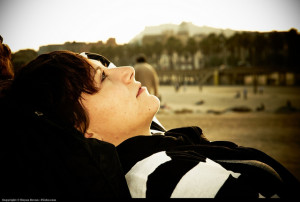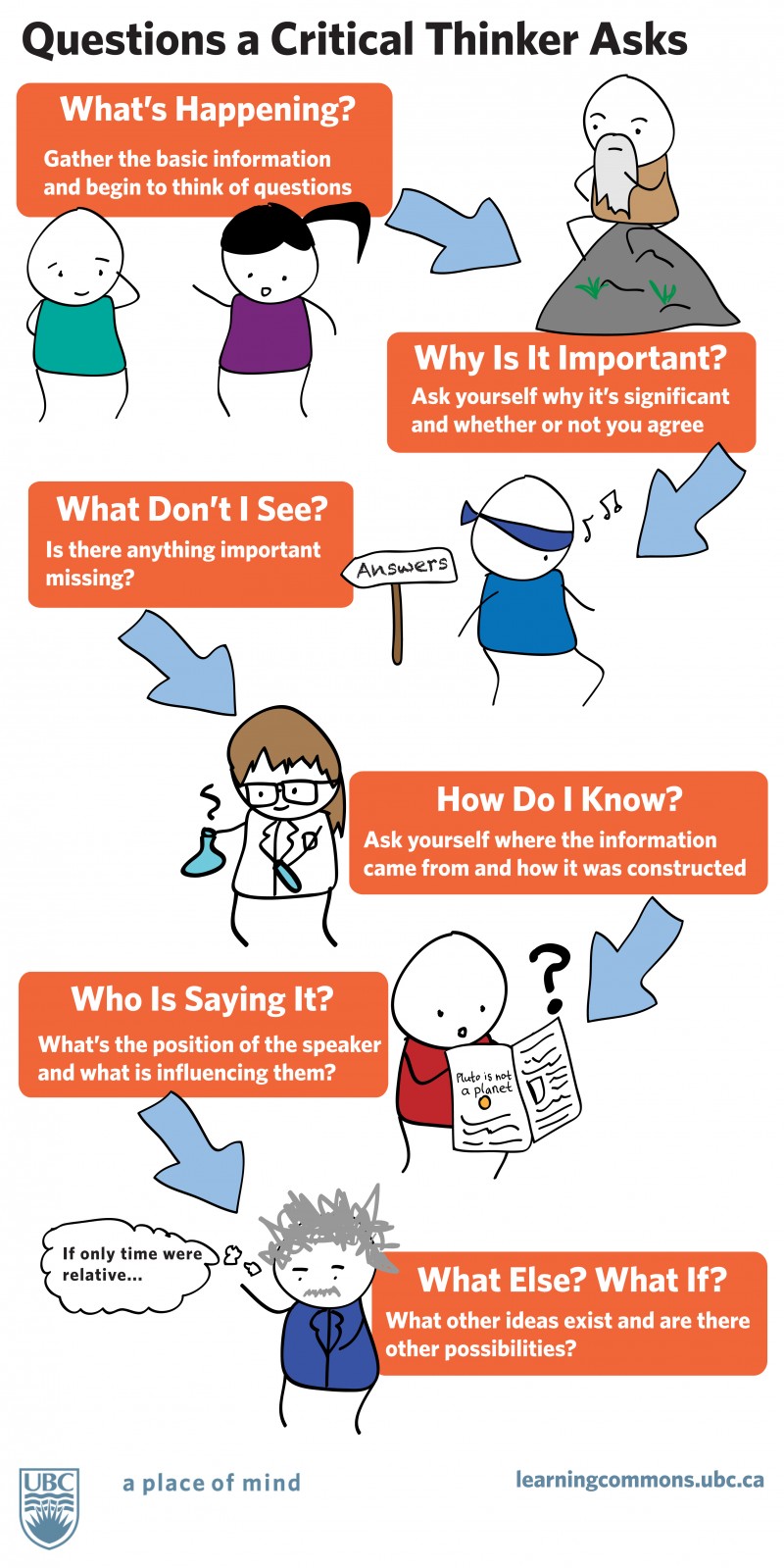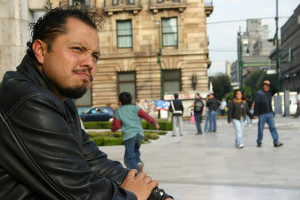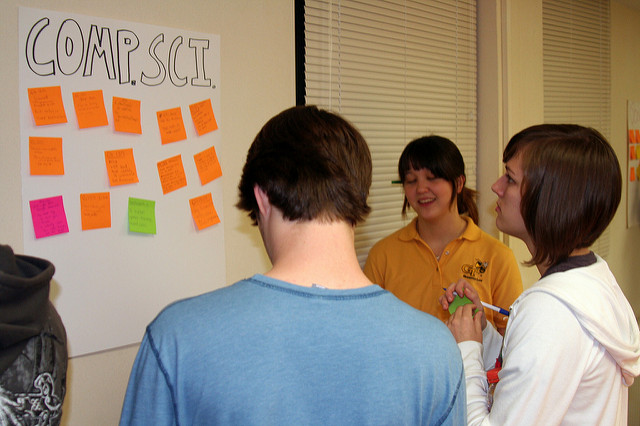LEARNING OBJECTIVES
- define critical thinking
- identify the role that logic plays in critical thinking
- apply critical thinking skills to problem-solving scenarios
- apply critical thinking skills to evaluation of information

Introduction
Consider these thoughts about the critical thinking process, and how it applies not just to our school lives but also our personal and professional lives.
“THINKING CRITICALLY AND CREATIVELY”
Critical thinking skills are perhaps the most fundamental skills involved in making judgments and solving problems. You use them every day, and you can continue improving them.
The ability to think critically about a matter—to analyze a question, situation, or problem down to its most basic parts—is what helps us evaluate the accuracy and truthfulness of statements, claims, and information we read and hear. It is the sharp knife that, when honed, separates fact from fiction, honesty from lies, and the accurate from the misleading. We all use this skill to one degree or another almost every day. For example, we use critical thinking every day as we consider the latest consumer products and why one particular product is the best among its peers. Is it a quality product because a celebrity endorses it? Because a lot of other people may have used it? Because it is made by one company versus another? Or perhaps because it is made in one country or another? These are questions representative of critical thinking.
The academic setting demands more of us in terms of critical thinking than everyday life. It demands that we evaluate information and analyze myriad issues. It is the environment where our critical thinking skills can be the difference between success and failure. In this environment we must consider information in an analytical, critical manner. We must ask questions—What is the source of this information? Is this source an expert one and what makes it so? Are there multiple perspectives to consider on an issue? Do multiple sources agree or disagree on an issue? Does quality research substantiate information or opinion? Do I have any personal biases that may affect my consideration of this information?
It is only through purposeful, frequent, intentional questioning such as this that we can sharpen our critical thinking skills and improve as students, learners and researchers.
—Dr. Andrew Robert Baker, Foundations of Academic Success: Words of Wisdom
Defining Critical Thinking
Thinking comes naturally. You don’t have to make it happen—it just does. But you can make it happen in different ways. For example, you can think positively or negatively. You can think with “heart” and you can think with rational judgment. You can also think strategically and analytically, and mathematically and scientifically. These are a few of multiple ways in which the mind can process thought.
What are some forms of thinking you use? When do you use them, and why?
As a college student, you are tasked with engaging and expanding your thinking skills. One of the most important of these skills is critical thinking. Critical thinking is important because it relates to nearly all tasks, situations, topics, careers, environments, challenges, and opportunities. It’s not restricted to a particular subject area.
Critical thinking is clear, reasonable, reflective thinking focused on deciding what to believe or do. It means asking probing questions like, “How do we know?” or “Is this true in every case or just in this instance?” It involves being skeptical and challenging assumptions, rather than simply memorizing facts or blindly accepting what you hear or read.
Imagine, for example, that you’re reading a history textbook. You wonder who wrote it and why, because you detect certain assumptions in the writing. You find that the author has a limited scope of research focused only on a particular group within a population. In this case, your critical thinking reveals that there are “other sides to the story.”
Who are critical thinkers, and what characteristics do they have in common? Critical thinkers are usually curious and reflective people. They like to explore and probe new areas and seek knowledge, clarification, and new solutions. They ask pertinent questions, evaluate statements and arguments, and they distinguish between facts and opinion. They are also willing to examine their own beliefs, possessing a manner of humility that allows them to admit lack of knowledge or understanding when needed. They are open to changing their mind. Perhaps most of all, they actively enjoy learning, and seeking new knowledge is a lifelong pursuit.
This may well be you!
No matter where you are on the road to being a critical thinker, you can always more fully develop your skills. Doing so will help you develop more balanced arguments, express yourself clearly, read critically, and absorb important information efficiently. Critical thinking skills will help you in any profession or any circumstance of life, from science to art to business to teaching.
| Critical Thinking IS | Critical Thinking is NOT |
|---|---|
| Skepticism | Memorizing |
| Examining assumptions | Group thinking |
| Challenging reasoning | Blind acceptance of authority |
| Uncovering biases |




 Your campus club has been languishing on account of lack of participation and funds. The new club president, though, is a marketing major and has identified some strategies to interest students in joining and supporting the club. Implementation is forthcoming.
Your campus club has been languishing on account of lack of participation and funds. The new club president, though, is a marketing major and has identified some strategies to interest students in joining and supporting the club. Implementation is forthcoming.